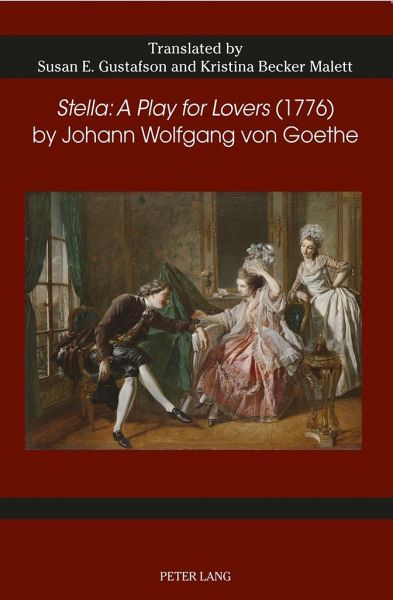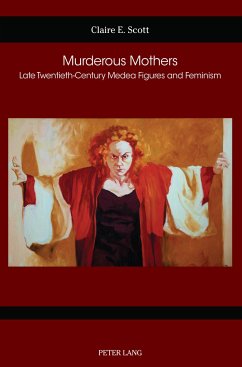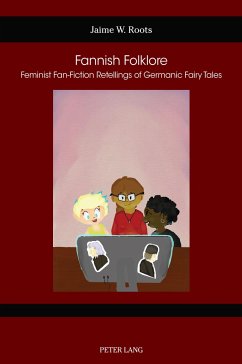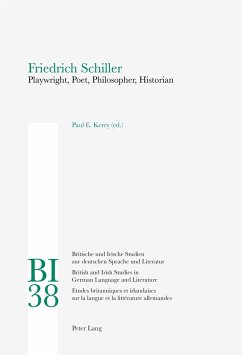
'Stella: A Play for Lovers' (1776) by Johann Wolfgang von Goethe
Versandkostenfrei!
Versandfertig in 6-10 Tagen
50,45 €
inkl. MwSt.

PAYBACK Punkte
0 °P sammeln!
Goethe's play Stella (1776) caused so much turmoil in Germany that it was retracted from the stage. In England, it was portrayed as evidence of lesser German values because of its portrayal of a ménage à trois. This new translation provides an introduction exploring the reception of the play in Germany and England, scholarly interpretations of the play, and the portions that were left out in earlier translations. The introduction also outlines the major questions the play highlights: Why do the two women, Stella and Cecilia, ultimately accept the ménage à trois? Can they trust Fernando, wh...
Goethe's play Stella (1776) caused so much turmoil in Germany that it was retracted from the stage. In England, it was portrayed as evidence of lesser German values because of its portrayal of a ménage à trois. This new translation provides an introduction exploring the reception of the play in Germany and England, scholarly interpretations of the play, and the portions that were left out in earlier translations. The introduction also outlines the major questions the play highlights: Why do the two women, Stella and Cecilia, ultimately accept the ménage à trois? Can they trust Fernando, who flirts with every woman he meets? Do women and men conceive of marriage and loving commitments differently? Do the women agree to the ménage à trois because it is the only way they can be together as friends or as lovers? In addition, this translation has an appendix that outlines all of the changes (over 100) that Goethe made in 1806 in order to get the play back on stage. A useful resource for students, teachers, and scholars alike, this translation sheds new light on Goethe's classic play.












